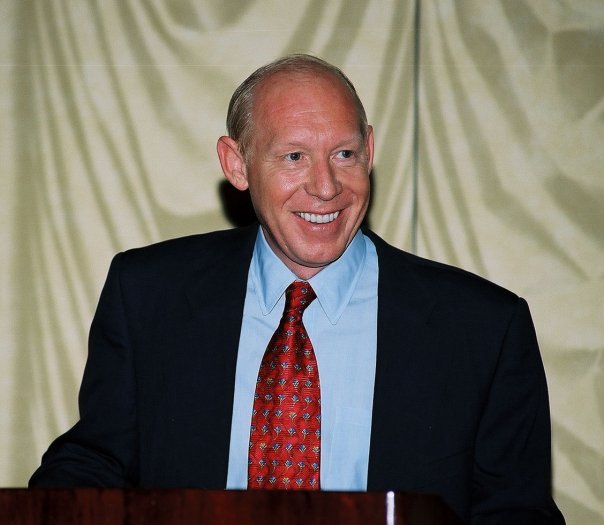Where, sadly, they’ll likely get killed.
State environmental regulators don’t adequately enforce air pollution laws, the city of Houston believes, and on Wednesday it will ask the state’s highest civil court to let it keep trying to do the job itself.
The state Supreme Court will hear arguments in a case challenging a pair of ordinances the city enacted in 2007 and 2008 requiring industrial polluters within Houston to register with the city, and subjecting the polluting companies to fines if they operate without registering.
BCCA Appeal Group, a coalition of industrial facility owners including ExxonMobil and the Dow Chemical Company, sued the city seven years ago, claiming the ordinances improperly preempt state law. The First District Court of Appeals has already weighed in on Houston’s side, finding in 2013 that the Legislature had not foreclosed such local regulations with anything resembling “unmistakable clarity.”
In its appeal to the Supreme Court, BCCA argues that the city is allowed to enforce air regulations only if it uses the weaker enforcement tools laid out by the state.
But Houston, and a host of environmental groups filing amicus briefs in the city’s support, say it is perfectly within its rights to enforce state laws using alternative regulatory strategies, including levying fines where the state won’t.
“The city’s looking for accountability, and this is a streamlined way of trying to do that,” said Rock Owens, who co-authored an amicus brief submitted by the Harris County Attorney’s Office. “There should be something that happens if you don’t follow the law, and the [Texas Commission on Environmental Quality] isn’t in a position where they can provide enforcement. They don’t have the resources, or, frankly, the will.”
Owens said he believes the Houston ordinances simply put some muscle behind the regulations the commission laid out. “It’s just a matter of layering — a matter of making the law effective,” Owens said.
[…]
Given how political tides recently have turned against local efforts to police industries, Adrian Shelley, executive director of Air Alliance Houston, said he isn’t optimistic about the city’s chances in front of the state’s highest civil court.
Shelley cited House Bill 40, signed by Abbott in May, which preempts local control over most oil and gas activity, as one reason for his concern.
“I think it needs to be said that there’s a larger trend here — a problematic trend — and that’s bad for public health in Texas,” Shelley said. “We’re likely to lose this case.”
See here and here for some background on this, which was an initiative of then-Mayor Bill White. I’m sure I have more entries on this, but my older archives aren’t quite as organized. I wish I was more optimistic about this, but I think Shelley nails it. As the story notes, Greg Abbott supports the BCCA, because of course he does. Local control only matters to Abbott when the locals are doing things he approves of. We should know in a few months how the Court rules, and I guess you can add this – “what, if anything, should the city do to improve air quality if the Supreme Court invalidates the city’s air quality ordinances of 2007 and 2008?” – to the list of questions that we ought to be asking the Mayoral herd. See this op-ed by Adrian Shelley and Jen Powis for more.


Thanks for the coverage. I hate to be pessimistic about it, but this is the situation today. As we said in our op-ed, we hope Houston’s next mayor has the courage to do what he can to protect public health by enforcing clean air laws in Houston in every way possible. (Whatever ways are left once the Court is done with us.)
Pingback: Houston pleads its case to the Supreme Court – Off the Kuff
Pingback: Houston pleads its case to the Supreme Court | Business Daily Report